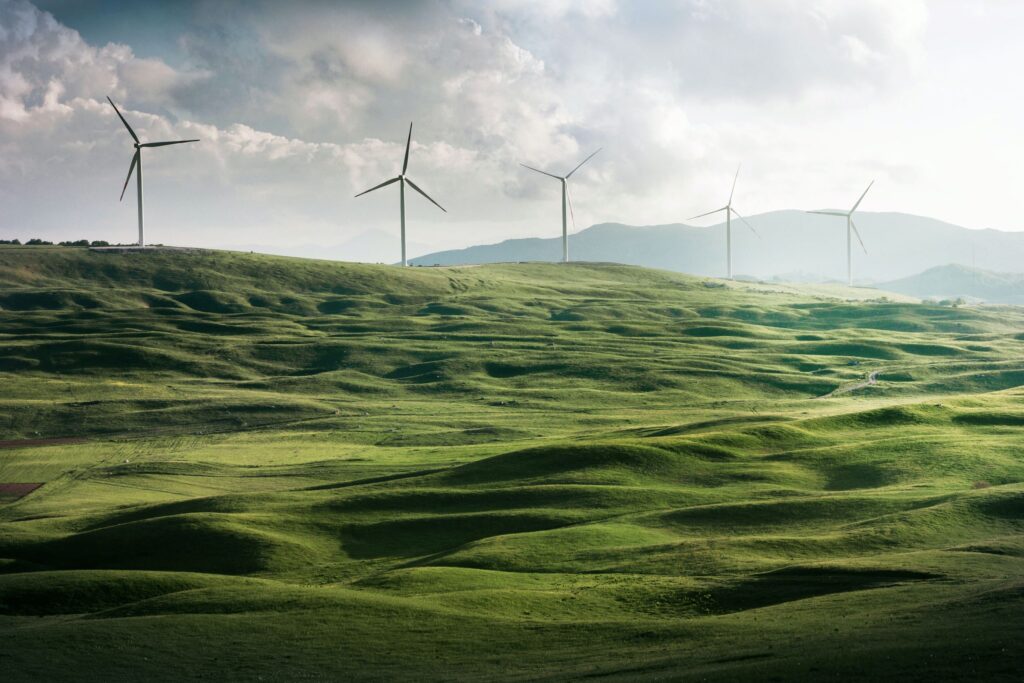Posts by Dr Peter Whitmore
Submission in response to the Crown Minerals Amendment Bill 2024
This submission relates to the Crown Minerals Amendment Bill, on which public submissions opened on 26 September 2024. ESR very strongly recommend that the ban on offshore oil and gas exploration not be removed. Instead, we need to be taking very rapid action to reduce our emissions by moving away from the use of fossil fuels.
Read MoreSubmission in Response to New Zealand’s second emissions reduction plan (ERP2)
This submission relates to information given in the Ministry for the Environment discussion document regarding the currently proposed second plan to reduce New Zealand’s emissions – New Zealand’s second emissions reduction plan, July 2024 (draft ERP2). It also covers other matters relevant to reducing our emissions.
Read MoreSubmission in response to proposed changes to NZ Emissions Trading Regulations 2024
In this submission the primary points we cover are steps that can be taken to improve the way the ETS operates, so that it becomes a lot more effective and capable of meeting the
urgent need to reduce our emissions. The possibility of replacing the current ETS with a
simple carbon tax is also covered.
Two other key points we cover are first the need for greater clarity in our net emissions measurements, and second the strong case for introducing a citizen’s dividend, funded from the revenue the Government receives from carbon charges, to compensate people for the rising costs of goods and services that will result from carbon charge increases.
Submission on the Fast-track Approvals Bill 2024
The Government introduced its “Fast-Track Approvals Bill” to parliament earlier this year, with
purpose to provide a stream-lined decision-making process for infrastructure and development
projects that are considered to have significant regional or national benefit. We acknowledge that
the current process for obtaining consents is time consuming, and so we support the prospect of a
speedier consent process for urgent, beneficial projects (and especially for projects facilitating transition away from the production of plastics, greenhouse gases, and other pollutants) – but we maintain that this ought to be achieved through completing a robust assessment process at an accelerated pace, and not by abandoning well established and due process. We see that this fast-track Bill fails to deliver to any reasonable requirement and so we do not support but strongly oppose
the Bill.
Climate Change – New Zealand Needs To Do Better
Peter Whitmore, ESR member, discusses the state of New Zealand’s readiness for climate change, with particular reference to the continuing use of large quantities of coal at the Huntly power station. Alternatives are readily available for electricity generation.
Read MoreClimate Change – New Zealand and International Responses
Despite the critical need to address climate change, caused primarily by increasing levels of carbon dioxide (CO2) in the atmosphere from the burning of fossil fuels, response has been slowed by pressure from vested interests, a focus by some governments on short-term political objectives and the difficulties of reaching effective international agreements. Some countries are already taking effective action though, and the urgent need for others to join them is becoming extremely clear.
Read MoreRenewable Energy
Renewable energy is energy derived directly or indirectly from sunlight, wind, rain, tidal flows and ranges, waves, and thermal energy stored in the oceans, which are naturally replenished over fairly brief periods of time. Geothermal energy is also regarded as renewable because of the extremely large amounts of heat available from the earth’s core. Major sources of renewable energy include hydro power, wind power, solar power, geothermal power and bioenergy. Moving rapidly to greater reliance on renewable energy in place of fossil fuels has become critically important because of the urgent need to control global warming by reducing carbon dioxide emissions to the atmosphere.
Read MoreNew Zealand’s Paris Target
New Zealand’s commitment under the Paris Agreement, as stated in our Nationally Determined Contribution (NDC) promises that “Emissions will be reduced to 30% below 2005 levels by 2030. The 2005 reference has been chosen for ease of comparability with other countries. This responsibility target corresponds to a reduction of 11% from 1990 levels.” We are comparing our net target emissions with our gross emissions in the base year. Using net emissions for both indicates that our emissions are increasing and not decreasing.
Read MoreWonky Carbon Accounting Hides NZ’s Feeble Paris Commitment
New Zealand’s commitment under the Paris Agreement, as stated in our Intended Nationally Determined Contribution (INDC) (1), which became our Nationally Determined Contribution (NDC) after we ratified the agreement in October 2016 (2), reads as follows:
Emissions will be reduced to 30% below 2005 levels by 2030. The 2005 reference has been chosen for ease of comparability with other countries. This responsibility target corresponds to a reduction of 11% from 1990 levels.
At face value, the above statement appears clear and understandable, but it is actually quite unclear because there are two accepted measures for emissions: gross or total emissions; and net emissions which are total emissions less deductions allowed for land use, land-use change and forestry (LULUCF), which in our case relate mainly to carbon dioxide taken out of the atmosphere by trees. Neither the New Zealand INDC, nor the supplementary NDC documentation, state clearly whether we are using gross emissions, net emissions, a mix of these, or some other measure to define our Paris target.







